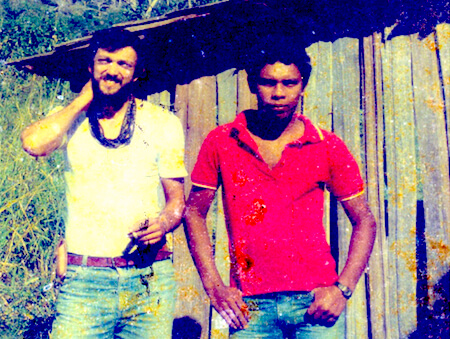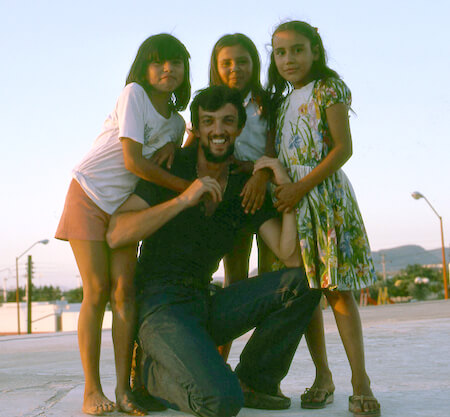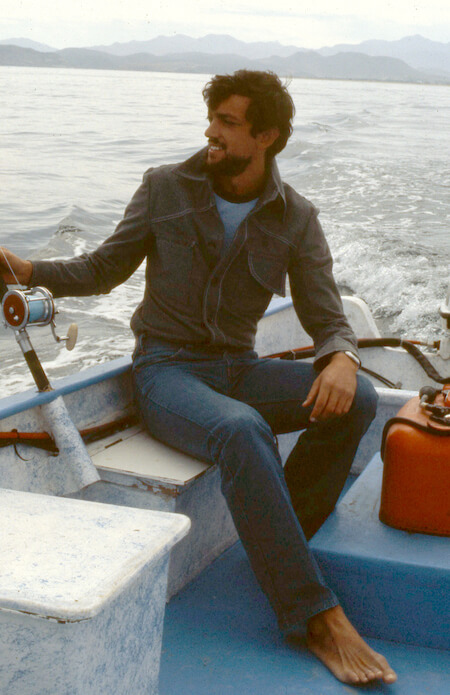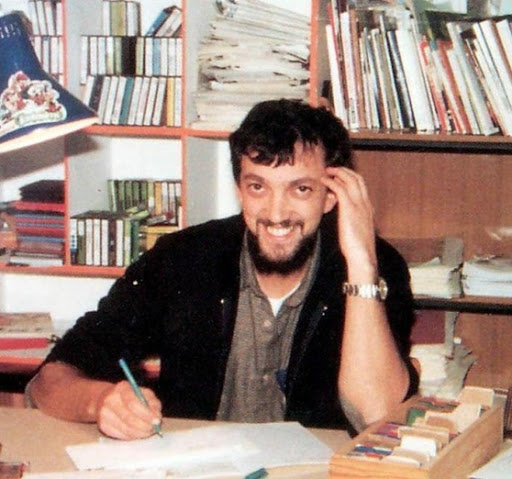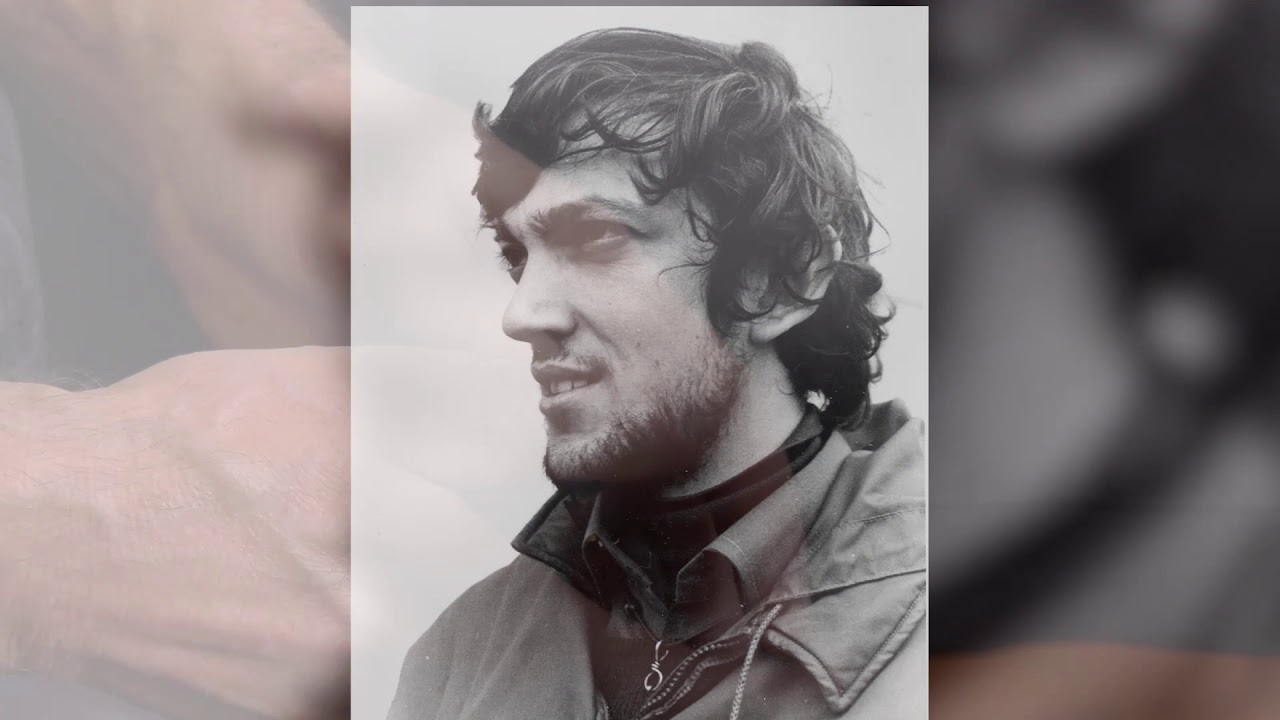As we celebrate the 35th anniversary of the martyrdom of the Servant of God, Father Ezequiel Ramin, Sister Dina Siquiera, a Comboni missionary sistere, shares her testimony of life and vocation and Miriam reads one of Father Ezequiel Ramin’s letters: “The situation is heating up. The Catholic Church organized Labor Day on July 25. Among the courtships, bands and processions, they were expected to have promoted something. In Cacoal, before our eyes, the police arrested the president of the rural union, a farmer with 2nd class. We were forced to protest at the risk of arrest. In Aripuanã, a nearby place, the police fired during the procession. The bishop was leading the demonstration. Three wounded, including one very serious. The parish car was left as a strainer. Land reform is required. The reaction of those who have 10,000 hectares of land is evident! But the Lord always protects us and this is enough. “
Comboni family in mission




